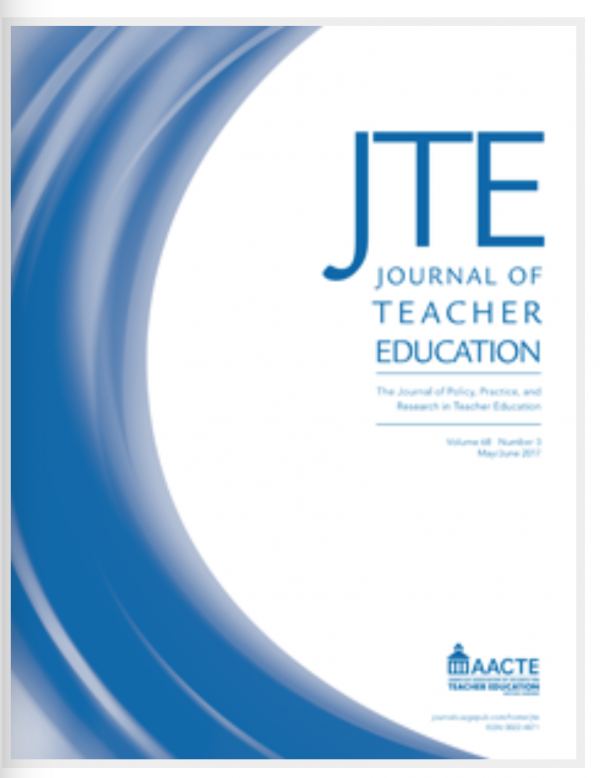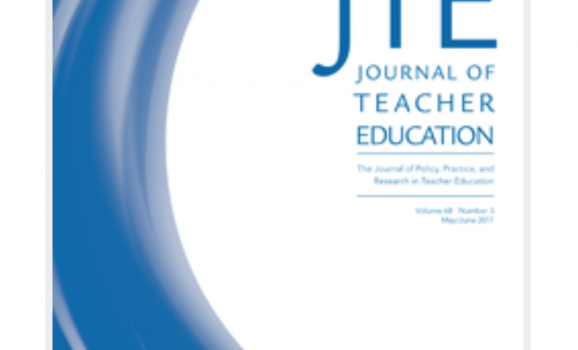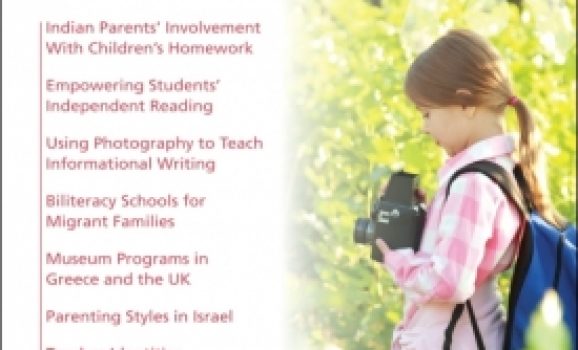Bridging the University-School Divide: Horizontal Expertise and the "Two-Worlds Pitfall"

Research on teacher learning consistently documents the disjuncture between the practices beginning teachers encounter in university teacher preparation courses and those they reencounter in the K-12 classrooms in which they learn to teach. As preservice teachers enter teaching, they gravitate toward conventional K-12 practices, dismissing those endorsed by the university as impractical. In this arti-cle, the authors delineate the concept of horizontal expertise and document how its production and use can address this “two-worlds pitfall.” Drawing on the authors’work creating a cross-institutional col-laborative, they identify three processes central to the production of horizontal expertise in teacher edu-cation: the exchange of tools, the negotiation of social languages, and argumentation. They then trace its use across the university and school settings to show how horizontal expertise can rescript men-toring and expand dialogic practices in the university. The authors conclude by identifying the chal-lenges of developing horizontal expertise in teacher education.

